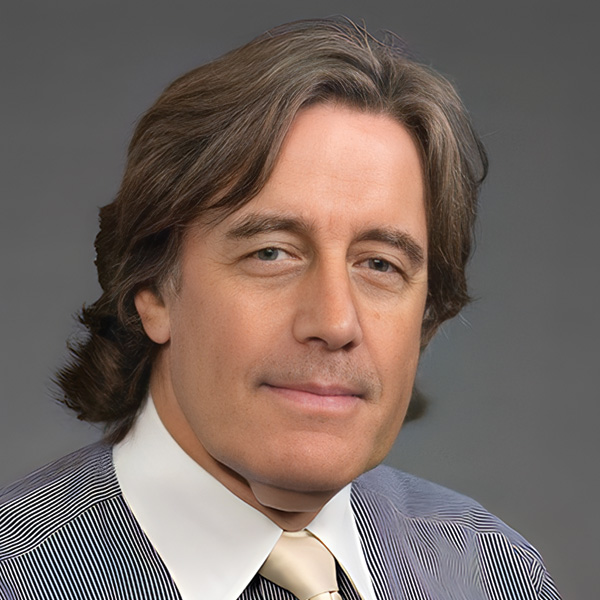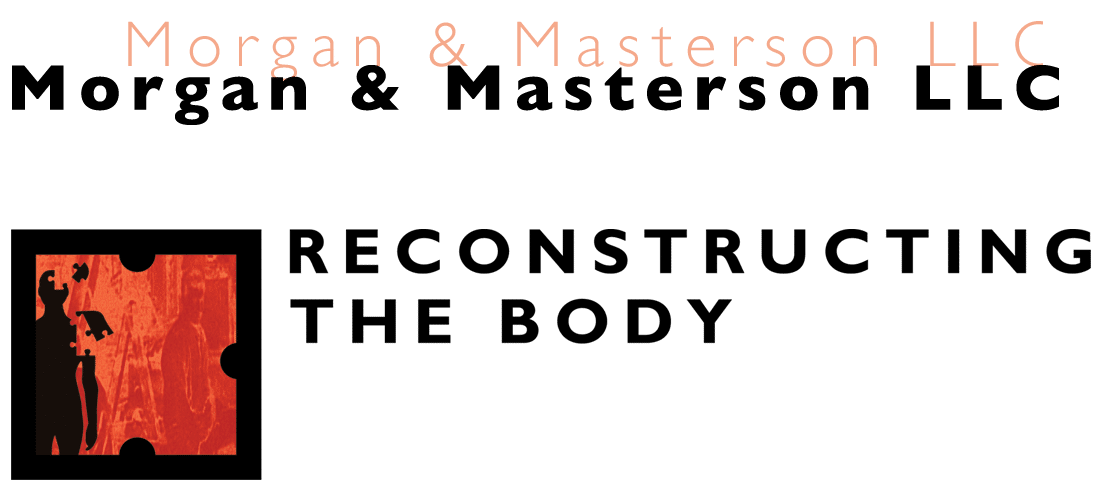Consulting
We offer global, high-level consulting for scientific and infrastructure aspects of cutting-edge medical technologies.

Overview
In this section, I am specifically, and solely, concerned with the promotion of healthcare. Over many years in academic environments, I have never paused to develop a fundamental philosophy about consulting, and have dealt with issues in a pragmatic way, but, on reflection, there have been underlying motivations. Of course, there are personal financial incentives and rewards associated with consulting activity, but there are also ethical constraints and obligations, and it is important that the latter take preference over the former. Leaving those issues aside for the moment, the principal motivation arises from the fact that few purely academic developments actually lead to improvements in healthcare without an infrastructure that facilitates delivery to patients. This infrastructure is primarily based on commercial considerations since, in the real world, everything has to be paid for; this could involve manufacturing companies that seek profits, philanthropic organizations, charitable societies, insurance companies or governments, as well as clinical facilities. The role of the ‘independent’ academic here is to provide expert knowledge to any part of this infrastructure chain where progress that is efficient and fair could not be achieved without such expertise. Naturally, there are some organizations that have much of the expertise in-house, but the vast majority frequently need expert help from external consultants. This is especially relevant in my area of work, with implantable medical devices and associated technologies, since delivery of new products to patients requires scientific and engineering input to product development, guidance through the regulatory environment, the assessment of risks and benefits, including economic factors, opinions on intellectual property protection and, in some cases, defense in product litigation. If we were to look at this in an altruistic way, we might consider that it is an academic’s responsibility to play a part in this complex process.
Consulting processes represent a combination of expertise and experience.
I did not participate in any consulting activity until well into my career since I did not have sufficient experience, this being coupled with fact that a young professor in the not-so-well known university of Liverpool in the north-west of England did not have much name recognition. There is no logical way in which to describe consulting activities but my discussion here tries to involve the increasing level of significance to product development, starting with advice on biomaterials selection, technological aspects of regulatory submissions, the assessment of safety, failures and risk/benefit analyses, expert witness testimony and, finally, representation on Scientific Advisory Boards and Boards of Company Directors.
Naturally, for reasons of confidentiality and legal constraints, most of the examples I give in these sections do not specify companies, individuals, products or any proprietary information. All, however, are based on real situations; in a few cases, the facts may be obvious because of the context, and in some other cases, especially related to litigation, the arguments and outcomes may already be in the public domain.

